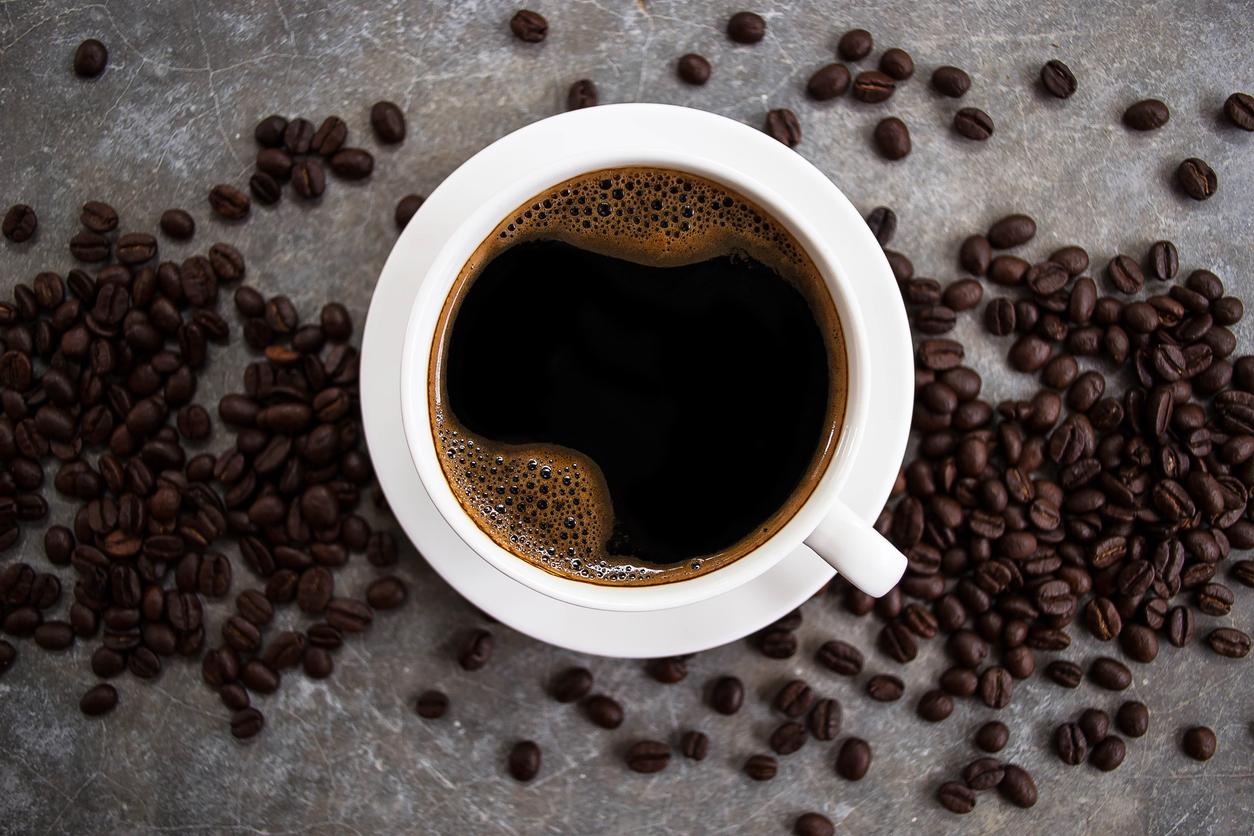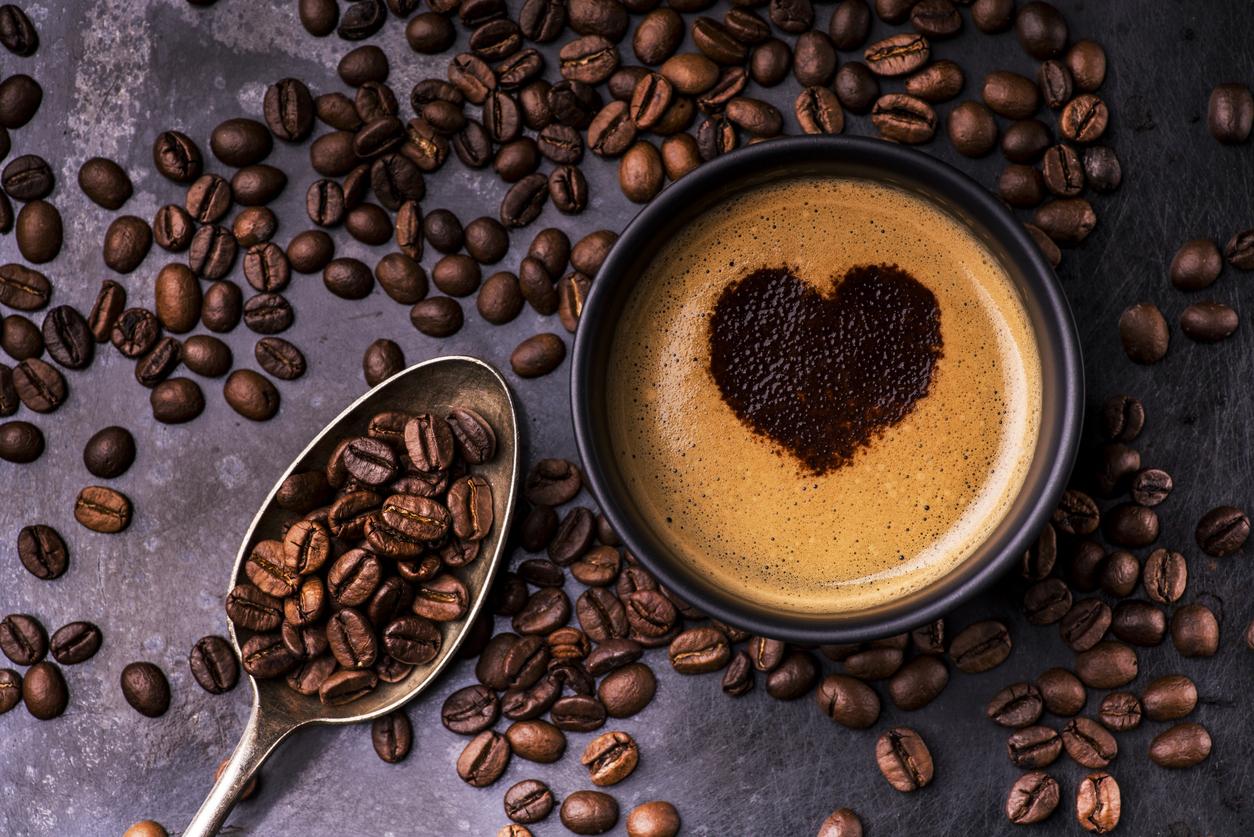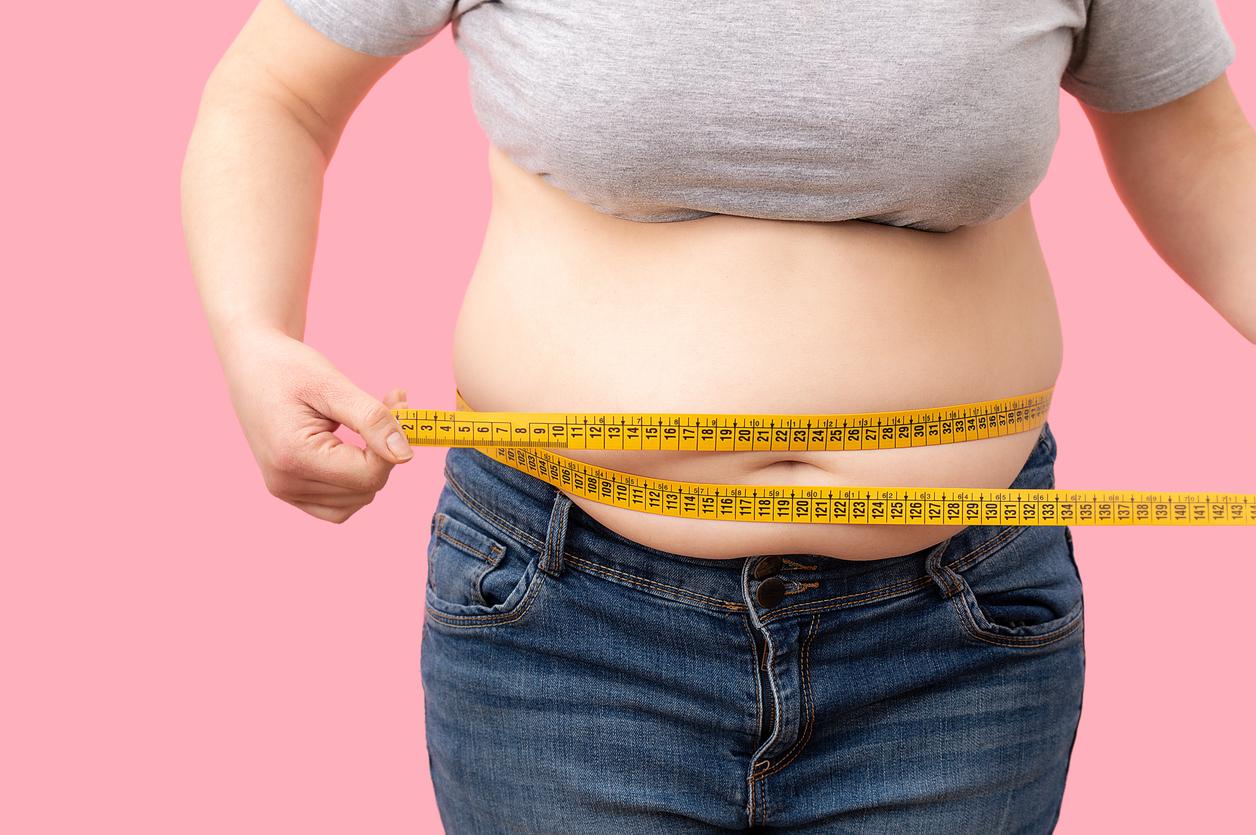
April 6, 2011 – Having a coffee a few hours after a meal high in saturated fat would, in a healthy person, keep blood glucose levels high1 comparable to someone at risk for diabetes, according to a small Canadian study2.
“Our results show that the caffeine consumed after a meal rich in saturated fat creates insulin resistance in healthy people in a way similar to what we see in prediabetics”, explains Marie-Soleil Beaudoin in an interview, lead author of the study.
“In addition, this resistance can last for long hours. The prolonged presence of glucose in the blood is not healthy and this can influence the functioning of the organs ”, continues the researcher.
The study, conducted among 11 men aged 20 to 30 years, indeed reveals that if the blood glucose level of a healthy person increases after the consumption of a meal rich in saturated fat, this rate rises in arrow when combined with the caffeine in coffee.
The participants drank a special drink made entirely of fat to isolate the “fat effect”. Its saturated fat content was equivalent to that found in a cheese burger or milkshake. They were then to drink, 6 hours later, a drink rich in sugars.
In normal times, we know that the sugar consumed is found in the blood in the form of glucose, to be then transported to the muscles thanks to the action of insulin, a protein secreted by the pancreas. The goal here was to first check whether saturated fat interferes with blood glucose metabolism.
The researchers found that the participants had 32% higher blood glucose levels than the men who did not take a special drink (control group). Saturated fat would interfere with the secretion of incretin, a hormone produced by the intestine that plays a role in the secretion of insulin.
Scientists then set out to see what the effect of caffeine was. Participants drank the equivalent of 2 black coffees 5 hours after taking the special drink. An hour later, they were to drink a sweet drink. To the researchers’ surprise, blood glucose levels were 65% higher than in men who had neither saturated fat nor coffee.
What about decaffeinated coffee?
Interestingly, this effect was not observed when participants consumed decaffeinated coffee, confirming the central role of caffeine. Caffeine consumption causes insulin resistance, a risk factor that can lead to type 2 diabetes, by desensitizing cellular insulin receptors.
Would other caffeinated drinks, like Pepsi or Coca-Cola, have a similar effect to coffee? “These drinks contain a lot of sugars, but less caffeine. The effect could be worse, because the blood glucose level would be higher, ”suggests Marie-Soleil Beaudoin.
This study reaffirms the harmful consequences that saturated fat can have on health. In addition, it shows that people at risk for metabolic diseases like type 2 diabetes should refrain from consuming caffeine.
Louis M. Gagné – PasseportSanté.net
1 Inadequate blood glucose, taken 2 hours after a meal, is equal to or greater than 11 mmol / L or 200 mg / dL
2. Beaudoin MS, Robinson LE, Graham TE. An oral lipid challenge and acute intake of caffeinated coffee additively decrease glucose tolerance in healthy men. J Nutr. 2011 Apr; 141 (4): 574-81.

















